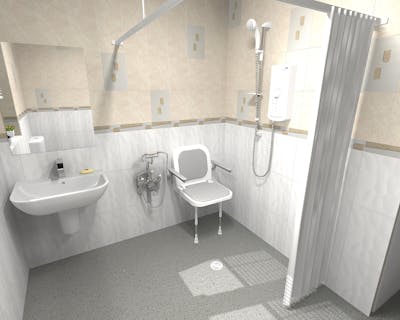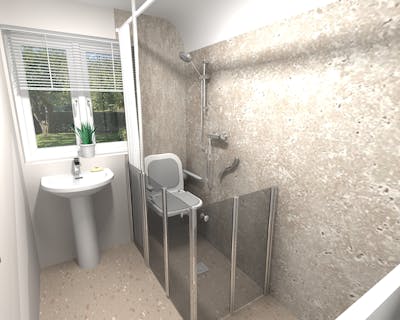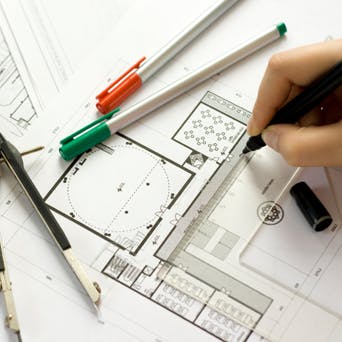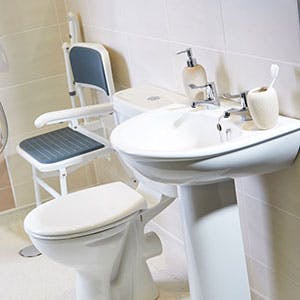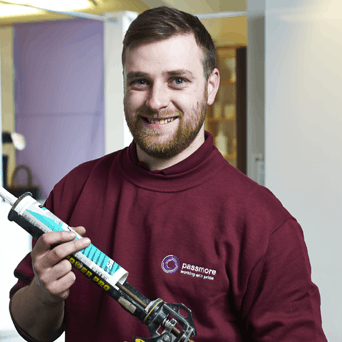Autism and Bathroom Issues | Sensory Processes | More Ability
Published: 2 May 2019
Someone with autism sees, feels, hears and interacts with the world differently. A spectrum condition, autism has varied levels of severity and can affect people in many different ways including:
1. Learning Disabilities
2. Mental Health Issues
3. Sensory Processing Issues
4. Dyslexia, Dyspraxia and ADHD
A lifelong developmental disability, when the body’s sensory processes are affected is when autism and bathroom issues can arise.

Autism and Bathroom Issues
An autism affected sensory system is when one or more of the seven senses are either over, or under reactive to stimulation.
Split into three basic dimensions:
1. Tactile
2. Vestibular
3. Proprioceptive
Autism can affect the sensory integration system in a number of different ways and can be aggravated as a result of bathing.
Tactile System Autism and Bathing
The tactile system dictates how we interpret the information we get from the receptors on our skin.
It helps us understand the following:
- Temperature differences
- Pressure
- Pain
- Textures
- Traction
- Touch
Referred to as sensory sensitivity, a dysfunctional tactile system can cause autism bathroom issues as a result of not being able to process the different sensations:
- Warm water
- Foamy bubbles
- Slippery soap mixes
- Smell of shampoos
- The sound of splashing water
The intensity of the different combinations can be distressing, causing someone with autism to react with anxiety, fear and resistance.
Vestibular System Autism and Bathing
The vestibular system refers to the development of eye movements to track objects and structures within the inner ear that detect movement and positional changes of the head.
Vestibular dysfunctions typically manifest themselves in two different ways:
1. Hypersensitivity
2. ypo-reactiveness
Vestibular Hypersensitivity
Vestibular hypersensitivity is when a person has fearful reactions to ordinary movements. The following can cause exaggerated emotional reactions:
- Surfaces that are uneven or unstable
- Inclines such as ramps and stairs
- Swings and slides
Vestibular Hypo-reactiveness
Vestibular hypo-reactiveness is when someone seeks intense sensory experiences. For example, excessive whirling, jumping and spinning.
Both can cause autism bathroom issues as when in a wet and slippery environment. Someone with hypersensitivity may become fearful or anxious of the unstable surface. In contrast, someone with hypo-reactiveness may put themselves in danger of a slip, trip or fall through excessive and unpredictable sudden movements.

Proprioceptive System Autism and Bathing
The proprioceptive system provides a person with subconscious awareness of the body’s composition. Common signs of proprioceptive dysfunction include:
- Clumsiness
- A tendency to fall / unsteady on the feet
- Lack of awareness of body positioning in a small space
- Oddly shaped body positioning
- Difficulty manipulating small objects
All of which can cause autism and bathroom issues especially if someone is left unattended in this high risk area.
Overcoming Autism and Bathroom Issues
As mentioned earlier, autism is a spectrum condition. However, all people on the spectrum can learn and develop. With the right support, help and guidance all people regardless of severity can be helped to live a more fulfilling life of their choosing.
Sensory Bathroom
Overcoming autism and bathroom issues is a great way to improve a person’s quality of life which can be achieved through the installation of a sensory bathroom.
Designed to reduce tension and anxiety, a sensory bathroom is typically beneficial for those with:
- Dementia
- Autism bathroom issues
- Emotional and behavioural difficulties
The above often find bathing extremely stressful.
Sensory baths are designed to evoke the body’s senses. With specialist bathing equipment, these systems focus on visual, audio and motion stimulation to calm and relax.
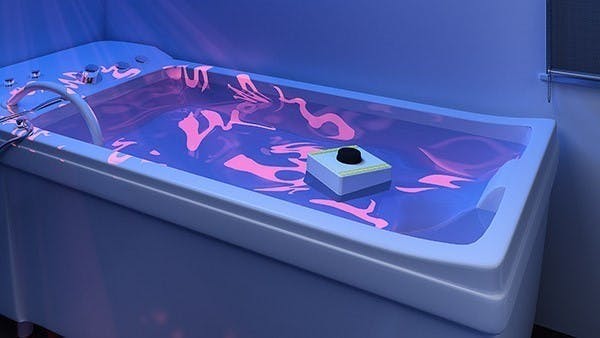
Alternatively, if the idea, and cost, of a specialist bathroom is a little overwhelming, there are alternative measures that can be taken to help reduce any autism and bathroom issues.
Typically, when someone has autism they like predictability and often have repetitive behaviours. Thriving on routine it is advised to encourage bathing and washing at the same time every day to help form repetitive behaviours.
Similarly, a highly engaging environment can help with distracting from the task at hand. Giving someone with autism something else to concentrate on can really help calm and relax them, reducing any anxiety.
Dim lighting and aromatherapy scents can also help calm and relax any bathing apprehension.
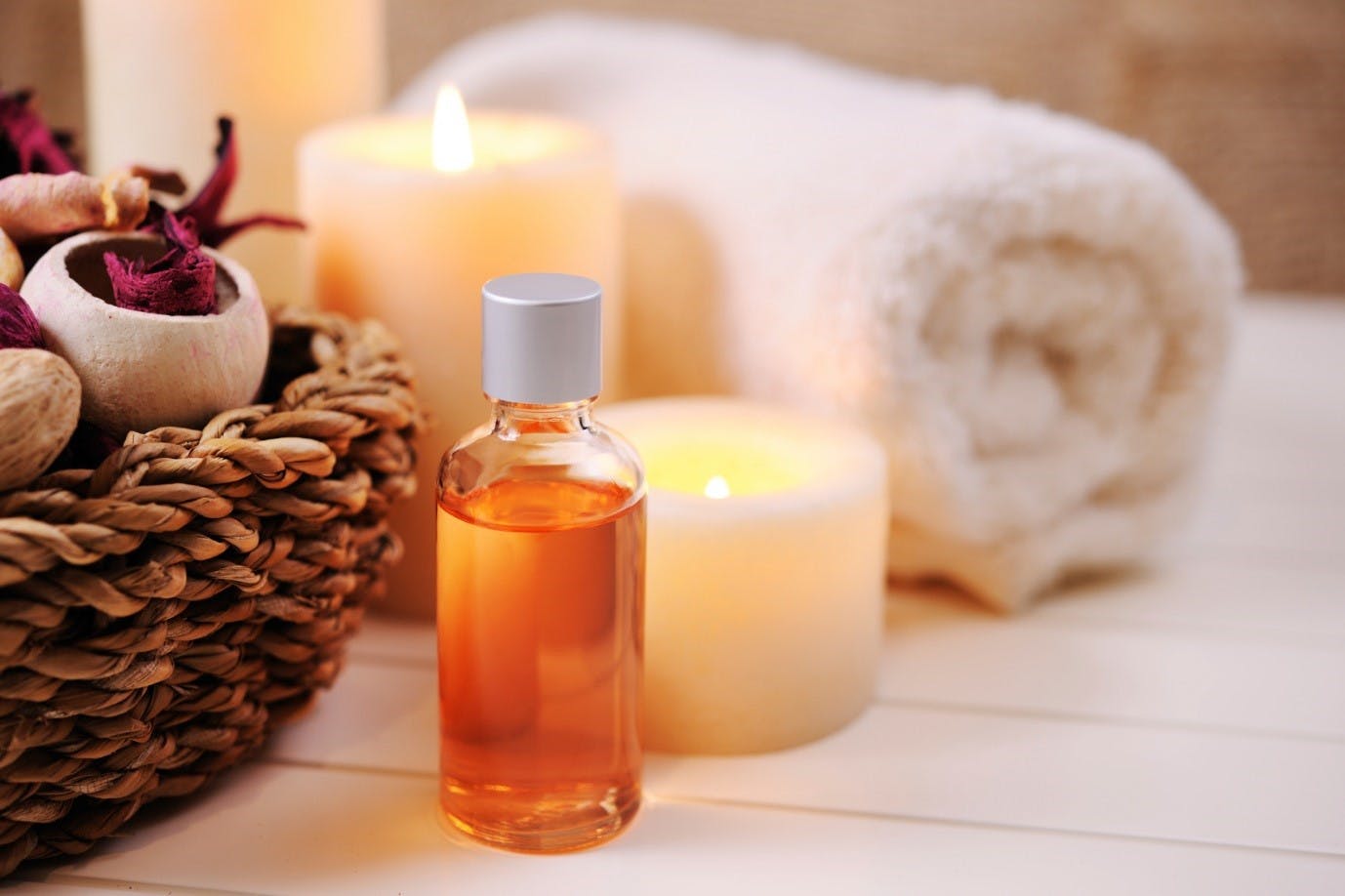
All of the above tips are simply a guide of things you can try and consider, to help improve any autism bathroom issues.
Depending on individual circumstances some may or may not work and some may work better than others. We would encourage you to test and measure, keeping a diary of what you’ve tried and what the outcome was. You’ll soon be able to narrow down successful tactics and implement these at every bath time for a more calm and relaxing experience.
More Ability, part of the Passmore Group, is Yorkshires only 5* rated bathroom adaptation company. Specialising in accessible, mobility and disabled bathroom solutions we are extremely proud of the exceptional service we continuously deliver from design right through to installation and after care. Whether you want a future proofed solution or require a more specialist adaptation in order to remain independent at home More Ability can help create a safe space to bathe for you or your loved ones.
Share this Post






.jpg?auto=compress%2Cformat&cs=strip&fit=clip&h=400&ixlib=php-1.1.0&w=400&s=9fa3862dd64550f902ce5099d00692fb)
